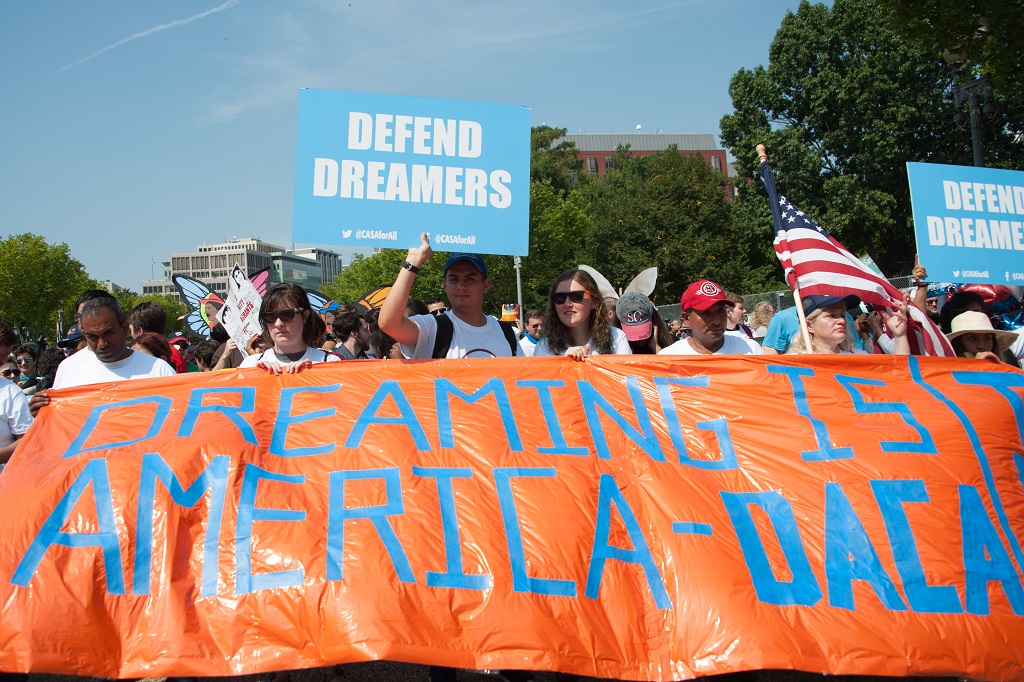On November 20th, President Obama expanded Deferred Action for Childhood Arrivals (DACA) and also created a new program of Deferred Action for Parents of Americans and Lawful Permanent Residents (DAPA) through a series of executive orders. These changes could grant relief to almost five million undocumented immigrants currently in the country, allowing them to come out of the shadows and go to work without fear of deportation.
These executive orders have not gone unchallenged, however. Already there have been lawsuits challenging the President’s constitutional authority to do what he did. One such lawsuit was filed by Maricopa County, Arizona Sheriff Joe Arpaio, an outspoken lightning rod in the national debate on illegal immigration and immigration reform. On December 23rd, the judge in the U.S. District Court for the District of Columbia dismissed the lawsuit for lack of jurisdiction, holding that the questions raised by Sheriff Arpaio “amount to generalized grievances,” but that the Sheriff did not submit an actual controversy that would be proper for judicial resolution. The Sheriff had argued that Obama’s policies would increase crime and the arrest rate in his area, but he did not offer any solid proof the President’s actions would bring about those results, and it seems just as likely the new executive orders could actually decrease crime and arrests and lower the Sheriff’s costs to house detainees in his jails.
A week earlier, a federal judge in Pennsylvania had ruled that the executive orders are unconstitutional. However, that ruling may have little effect outside of the individual case, since the case dealt with a criminal deportation proceeding, and it was not necessary for the judge to rule on the constitutionality of the executive orders in order to decide the case.
Sheriff Joe and his lawyer have announced their intention to appeal the case to the U.S. Court of Appeals for the D.C. Circuit. Meanwhile, another case has been filed in Brownsville, Texas by the state of Texas and 24 other states challenging the constitutionality of the executive orders. A hearing in that case is scheduled to take place in early January.
Contact A Texas Immigration Attorney
Lozano Law Firm is available to help you with any immigration issues you may have related to the new executive orders, obtaining work authorization, fighting removal, or any other immigration matter. For immediate assistance, you can reach us at our offices in San Antonio or San Angelo by calling (210) 899-2290 or (325) 255-3355, or contact us online to speak to an experienced immigration lawyer.


 Thank you for contacting us. Please complete this form and one of our team members will be in touch with you soon.
Thank you for contacting us. Please complete this form and one of our team members will be in touch with you soon.


